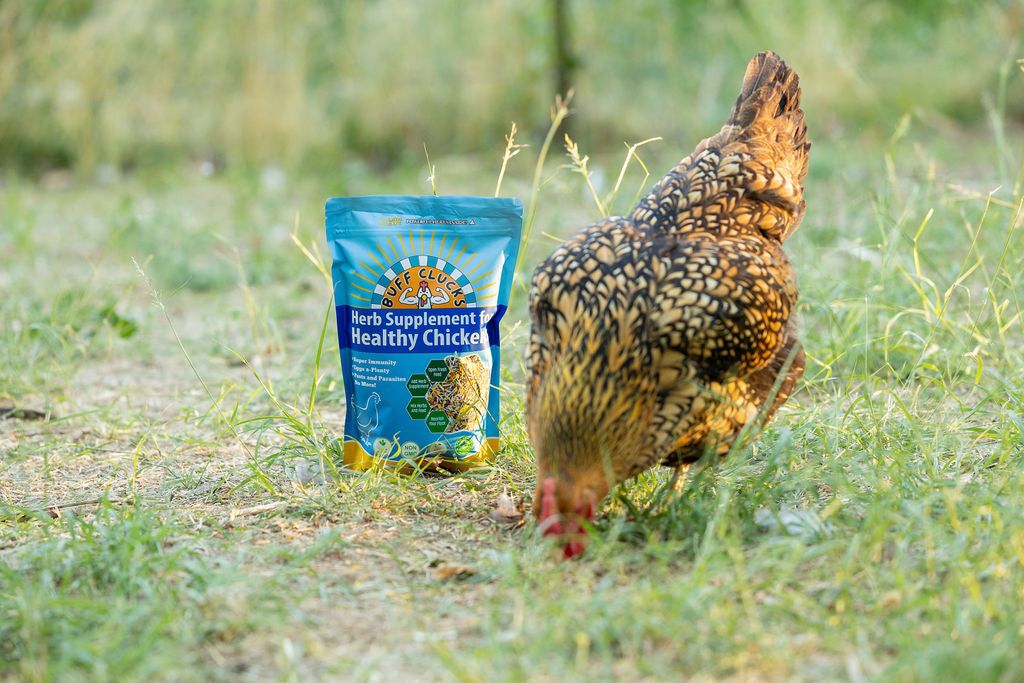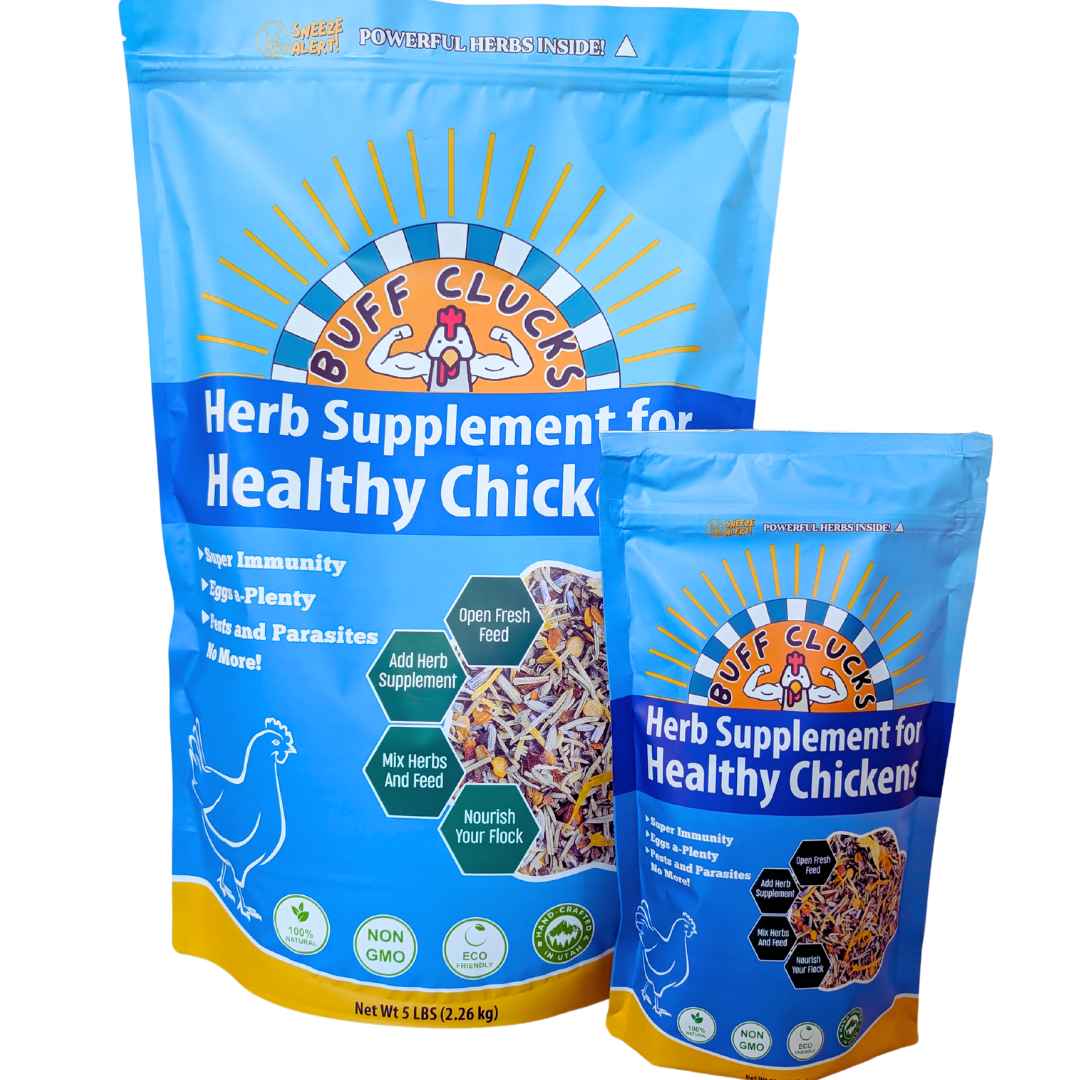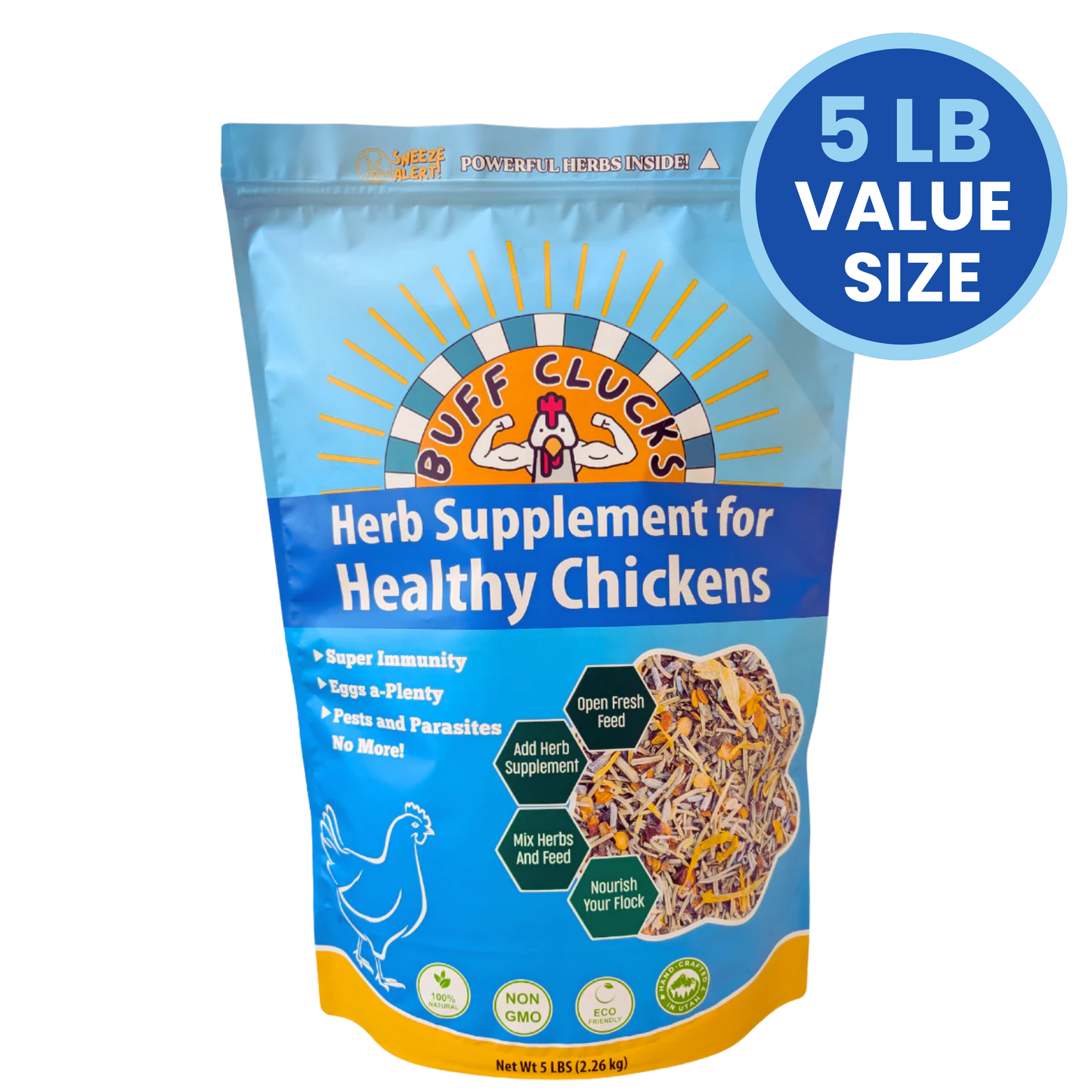
Prevent Frozen Chicken Water This Winter With Easy Coop Tricks
Winter sneaks into the coop like it owns the place, and every keeper suddenly scrambles to prevent frozen chicken water before those bowls turn into solid blocks faster than a hen can side eye a new feeder. Your flock goes from happily sipping to tapping their beaks against ice like tiny feathered lumberjacks.
It’s a stressful moment for any chicken keeper because hydration isn’t optional. Water fuels digestion, egg production, circulation, and basic survival. Frozen water shuts everything down. The good news is that you can prevent frozen chicken water using simple methods that cost much less than those fancy heated setups.
If you’ve ever sprinted across your yard in freezing wind with a kettle of hot water while muttering dramatic winter battle cries, this guide is here to save your sanity. Let’s turn those frosty frustrations into solutions that keep your hens drinking all season long.
Why You Need to Prevent Frozen Water Every Winter Morning
Chickens lose moisture quickly in cold air, even when it feels like drinking should be the least of their concerns. Their bodies still burn energy and still need hydration to digest feed and maintain body temperature. When water freezes overnight, your flock starts the day dehydrated and stressed, which affects their health, egg quality, and overall winter survival.
Research shows dehydration can slow nutrient absorption, weaken immunity, and lead to constipation or crop issues. Keeping water in its liquid form isn’t just a comfort move; it’s essential care. Winter already stacks the odds against your flock with lower humidity and increased respiratory pressure; preventing frozen water removes one more challenge.

Simple Tricks That Help Prevent Frozen Chicken Water
Here’s where we ditch the pricey gadgets and lean into smart, science-backed, budget-friendly hacks that make winter chores easier.
Use the Sun to Your Advantage to Prevent Frozen Water
The sun may feel like it’s on vacation during winter, but even weak sunlight helps slow freezing. Place waterers where they catch the most daytime light. Dark colored containers absorb more heat, delaying ice formation by several hours. This trick pairs beautifully with warm bedding piles or corner placements that block wind chill.
Add Warm Water in the Morning
Warm doesn’t mean hot, just above room temperature. Pouring warm water into the waterer gives you a buffer window before freezing starts. Cold air steals heat fast, but starting with warmer water keeps it liquid longer and encourages hens to drink early in the day when hydration matters most.
Double the Containers and Rotate Often
Keeping two waterers allows you to rotate one indoors while the other is in the run. You simply swap when the outdoor one begins to freeze. This method is common among cold-climate keepers because it’s reliable and costs nothing but a little extra walking.
Use Deep Containers Instead of Wide Ones
Water freezes from the top down, so deeper containers take longer to ice over than shallow fonts. Even a simple deep rubber bowl can buy you hours. Rubber is an excellent choice because frozen edges crack easily when you flex the container.
Create a Thermal Barrier Around the Water
Insulating the container helps prevent frozen chicken water in surprisingly effective ways.
You can pack straw around a bucket, place the waterer inside a larger container filled with wood shavings, or nestle it inside a small insulated box with ventilation. Even a tiny microclimate extends the time before freezing starts. Your goal is to protect from icy winds and trap a bit of warmth around the water.
Add Salt Bottles or Mason Jars to Slow Freezing
This classic trick works because saltwater freezes at a much lower temperature. Fill a sealed plastic bottle or mason jar with saltwater and place it inside the waterer. Your chickens won’t drink the saltwater (bottle stays closed), but its presence keeps the surrounding water from freezing as quickly.
Keep Water Elevated
Raising the container off frozen ground prevents the earth from wicking away heat. Bricks, pavers, or a small cinder block do the job. Elevated waterers also stay cleaner, drier, and out of the reach of snow splashes.

Coop Management Helps Prevent Frozen Water Too
Keeping your coop environment dry and well-ventilated has a ripple effect on freezing. Moisture traps cold air and lowers the temperature around your waterer. Dry bedding maintains warmth better and prevents ice buildup on surfaces.
Bedding methods from your other winter prep routines play a role here as well. The deep litter method, for example, naturally traps warmth through slow composting, which helps surrounding areas resist freezing. A coop that already maintains balanced humidity stays warmer overall, which means your water won’t ice over as fast.
Natural Hydration Helpers That Encourage Drinking in the Cold
Even when water is available, some hens drink less in cold weather. Supporting hydration from the inside helps your flock stay healthy while you wrangle the ice.
This is where a smooth transition brings in supplements without sounding salesy. As your hens tackle winter stress, they benefit from water that not only hydrates but also encourages them to drink more. Adding AquaBoost on chilly days brings gentle electrolytes and gut-friendly support that keep hens sipping steadily even when temps stay low.
And the same goes for feed. A healthy digestive system responds better to winter changes, so sprinkling Buff Clucks Herb Supplement into their feed strengthens natural circulation, immunity, and hydration balance in a way that complements all your other winter water strategies.
The supplements don’t replace water solutions; they support them by helping your flock stay warm, active, and naturally resilient.
Extra Tricks That Chicken Keepers Swear By
Use these as optional boosts when temperatures plunge or blizzards roll in.
- Place flat stones warmed by the sun under the waterer
- Surround the waterer with fresh straw to trap warmth
- Bring water inside the coop at night to avoid the fastest freeze times
- Break the ice early in the morning to prevent that thick layer from forming
- None of these tricks requires machinery, electricity, or fancy gadgets. Just clever placement, simple materials, and consistent daily habits.

Common Mistakes That Make Water Freeze Faster
Sometimes small errors sabotage your best efforts. Avoiding these keeps your flock better hydrated:
- Using metal bowls in freezing climates
- Keeping the waterer in dark corners
- Filling water too close to the brim
- Allowing drafts to blow directly onto the container
Every little detail matters in harsh weather. Your goal is to create a calm, insulated, low-moisture environment where water stays drinkable longer.
When You Absolutely Need a Backup Plan
On the coldest days, even your best tricks might struggle. That doesn’t mean you need expensive heated bases, but having two or three strategies ready at once makes winter much easier. Pairing container rotation with deep bowls, insulation, and sunlight gives you a multi-layer defense against ice.
Pay attention to your birds’ behavior too. If they crowd the waterer as soon as you refresh it, they might be compensating for earlier dehydration. Watching their energy and droppings clues you in on whether your system needs tweaking.
A Winter Flock That Drinks Well Stays Healthy and Calm
Preventing frozen chicken water isn’t glamorous work, but it’s the heart of good winter chicken keeping. Hydration plays a crucial role in egg laying, digestion, and temperature regulation. Every sip your hens take keeps their systems running smoothly through long, cold nights.
Stick with these methods, rotate them as needed, and your flock will cruise through winter with confidence. No expensive gear. No endless ice battles. Just smart, cozy, practical chicken care that keeps everyone hydrated and happy.

























